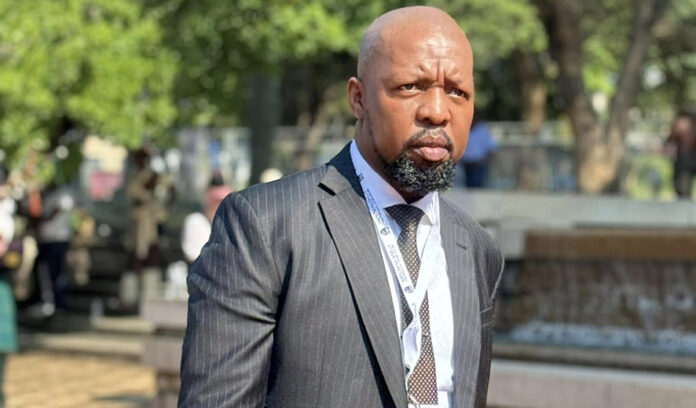The Mpumalanga provincial government has cautioned global leaders against making hasty or miscalculated moves in South Africa’s shift to a low-carbon economy, warning that coal-reliant communities must not be undermined in the name of climate action.
Speaking this week at the G20 Sustainable Energy Transition session in Cape Town, public works, roads and transport and infrastructure MEC Thulasizwe Thomo placed Mpumalanga at the centre of the national energy conversation.
He based his remarks on Mpumalanga’s role as the heart of South Africa’s coal operations and the host of the majority of Eskom’s power stations.
“Mpumalanga is richly endowed with coal reserves, producing more than 80% of South Africa’s coal. Mining and energy have been contributing over 20% to the provincial GDP and provides employment to more than 7% of the workforce in Mpumalanga. Eleven of Eskom’s 13 coal-fired power stations are located in Mpumalanga, generating about 70% of the country’s electricity,” he said.
Thomo said they had a case study of what the hurried decommissioning of coal-fired power stations could do to communities.
“Mpumalanga’s experience with the closure of the Komati Power Station provides crucial insights into the socio-economic challenges that arise when coal-dependent infrastructure shuts down,” he said.
“The closure resulted in significant job losses, decreased household incomes, and adverse impacts on local businesses and community wellbeing. The 2020 repurposing effort at Komati highlighted the urgent need for just transition strategies that protect workers and
communities from the shock of sudden unemployment.”
His concerns are based on facts surrounding South Africa’s compliance with global pressure to go green.
Addressing the Gert Sibande District Council Chamber in Ermelo last December, electricity and energy minister Dr Kgosientsho Ramokgopa and Eskom CEO Dan Marokane revealed that 10 power stations in Mpumalanga will be decommissioned by 2030.
The power stations are located in the Gert Sibande and Nkangala districts, with the Komati Power Station having been the first to close in 2022 due to the imminent end of its operating life.
The power stations set to be decommissioned in the next five years include Camden, Grootvlei, Hendrina, Arnot, Kriel, Tutuka, Duvha, Matla and Kendal.
Thomo explained that the province supports the country’s commitment under the Paris Agreement, but warned that the move towards renewables must be equitable and inclusive.
“The Nationally Determined Contribution must be seen as much more than a compliance exercise – it should be the blueprint for a new inclusive economic paradigm,” he told delegates.
The Congress of South African Trade Unions (Cosatu) has consistently warned that the just energy transition (JET) must not sacrifice workers’ livelihoods or deepen inequality. It has called for worker consultation, job protection, reskilling, and social safeguards.
In response, Mpumalanga has adopted the Green Economy as a “Strategic Growth Sector”, aligned with South Africa’s Economic Reconstruction and Recovery Plan.
Thomo said the province is committed to “a just transition that ensures fairness, equity, and participation – protecting workers and communities while opening up new economic opportunities through innovation and green job creation.”
To absorb such shocks, the province has proposed the Green Economy Special Economic Zone in Emalahleni, which aims to “foster green investments and create new job opportunities to support displaced workers”.
Thomo also outlined Mpumalanga’s investment in innovation and climate science, noting the launch of South Africa’s first pilot Carbon Capture, Utilisation, and Storage (CCUS) research site in Leandra.
He argued that CCUS technology could “bridge the gap between current energy systems and renewable alternatives”, enabling coal infrastructure and workers to be part of the future economy.
To minimise job losses further, Thomo stressed the need for reskilling. “Reskilling should be a critical cornerstone of South Africa’s just energy transition,” he said. “Training initiatives should be closely aligned with the skills required in emerging sectors such as renewable energy, green technologies, sustainable agriculture, and ecotourism.”
He said partnerships between government, the private sector, and educational institutions were key, adding that “dedicated funding, such as allocations from the Just Energy Transition Investment Plan, must be directed towards establishing skills hubs and training centres, particularly in high-impact areas, especially within Mpumalanga”.



